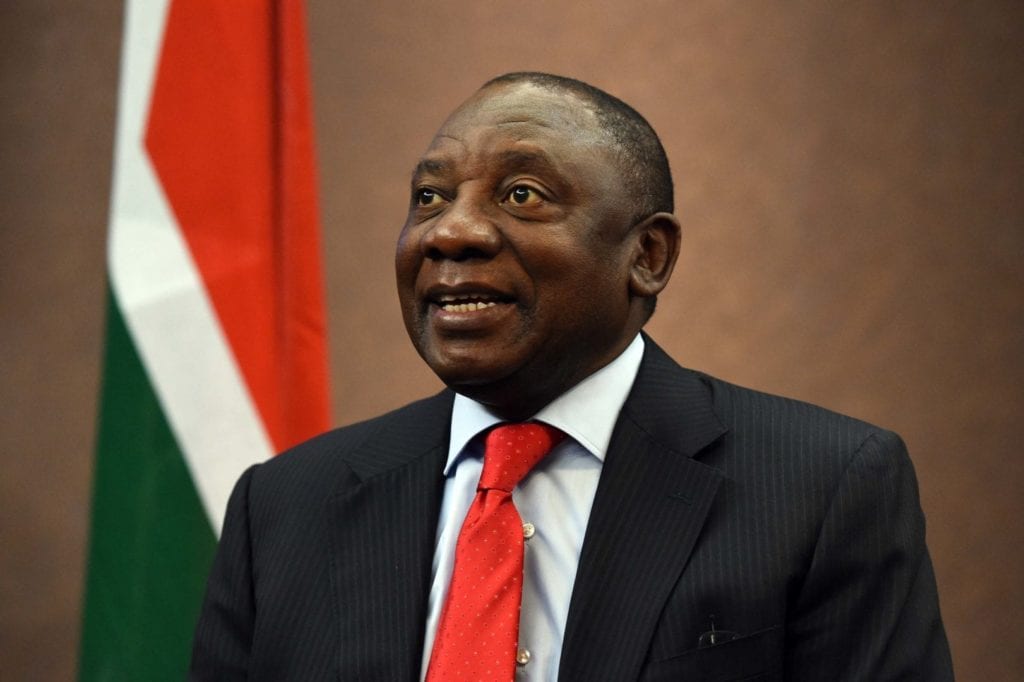
President of the GNU Cyril Ramaphosa
Infrastructure is the key to driving economic growth, this is the message that Cyril Ramaphosa gave to parliament. This line also follows the new Minister of Infrastructure Dean Macpherson’s action plan. The new parliament certainly understands the role of infrastructure and plans to further develop the country. Over the last 30 years, there have been significant improvements and gains.
- 84% of households have access to piped water.
- 71% have access to decent sanitation.
- 94% have access to electricity.
Ramaphosa says “These achievements are unparalleled on the African continent” and while this is important to celebrate the Government of National Unity (GNU) wants to push for more infrastructure to keep up with urbanisation as well as close the gap between the rich and poor. The GNU aims to address the issues at a municipal level. The plan includes tackling governance and oversight challenges at the local level, as well as addressing the significant issue of municipal and consumer debt. President Ramaphosa says that the national government will support the various local governments by providing, “comprehensive administrative, technical, and financial support to municipalities to ensure they are viable and stable.”
Strategic infrastructure projects
The National Development Plan, the African Union’s Agenda 2063, and the United Nations Sustainable Development Goals will guide South Africa’s infrastructure plans. These frameworks will measure how the country progresses as well as provide a clear path to achieve the various goals it needs to reach. While physical infrastructure is important Ramaphosa notes that the country must also develop its human capital. He says, “Education is the most effective tool to expand the capabilities of young people and improve the productive capacity of our economy.”
He called for greater investment in skills development, particularly in emerging economies, science, and technology.
The goal is to equip the youth with the skills necessary to thrive in a rapidly changing world influenced by technological advances.

Infrastructure is they key to a more resilient and inclusive economy
A resilient and inclusive economy
The GNU as described by Ramaphosa is “committed to building a resilient and inclusive economy”. “We are committed to reducing the cost of living, particularly for the poorest citizens, and to implementing policies that support sustainable development,” he said. He also emphasised the importance of developing a moral and ethical society, tackling issues like crime, corruption, and substance abuse, which hinder the nation’s development. President Ramaphosa’s address highlighted his administration’s comprehensive approach to infrastructure development, which combines physical infrastructure improvements with human capital development and ethical governance. By focusing on these areas, the administration aims to create a more inclusive and prosperous South Africa for all its citizens.









